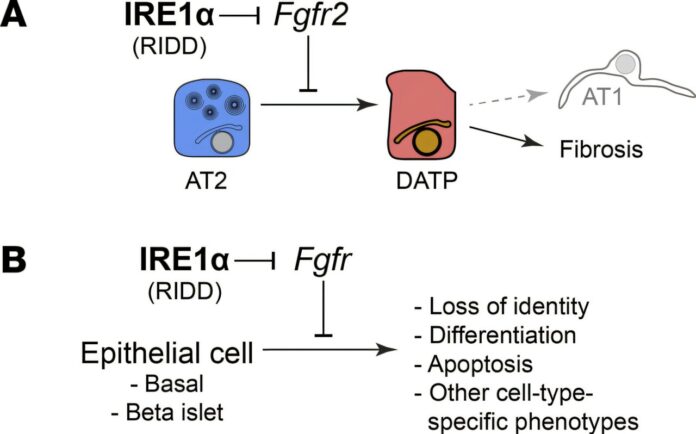A recent study carried out by a research team from the Paul-Ehrlich-Institut investigated the immunomodulating properties of β-glucans. These are natural sugar compounds found in bacteria, fungi and grains. The results indicate that β-glucans can target the immune system and modulate pro-inflammatory responses. Their potential to suppress allergic reactions and offer new approaches to allergy treatment is particularly promising. The research was published in the International Journal of Molecular Sciences.
β-glucans’ potential as an adjuvant is particularly promising. One use for adjuvants is as a vaccine ingredient to strengthen the immune response and thus strengthen vaccination protection.
Adjuvants are also used for therapeutic allergens, which assist in influencing (modulating) the immune system in a way that contributes to reducing the allergic reactions and to helping the patient adapt to the allergen.
Allergen-specific immunotherapy involves researching adjuvants in order to modulate allergen-specific (known as Th2) immune reactions in a targeted manner and to re-establish tolerance toward certain allergens.
A research group led by PD Dr. Stefan Schülke, head of the Research Allergology Division at the Paul-Ehrlich-Institut conducted a study to test six different β-glucans, including zymosan and its variants, as well as other known β-1,3 glucans for their influence on the immune system.
The group found that these substances activate different immune cells and influence the release of certain pro-inflammatory substances in different ways. Zymosan and β-1,3 glucan in particular were able to reduce the production of inflammatory markers in the experiments and showed a promising ability to suppress allergy-related immune responses.
The results of the study are promising and could help to develop new therapeutic approaches for the treatment of allergies. In the future, β-glucans could play an important role in preventing allergic reactions and controlling the immune response in a targeted manner.
Highlighted results in detail
The study analyzed both immunological (receptor activation, cytokine secretion, T-cell modulation) and metabolic parameters (metabolic state) in dendritic cells—specific immune cells—derived from the bone marrow of mice. It was found that all of the β-glucans tested activated the C-type lectin receptor (CLR) Dectin-1a, while the “Toll”-like receptor 2 (TLR2) was particularly strongly triggered by zymosan. The β-glucans also led to different degrees of cytokine secretion and activation of cell metabolism in the dendritic cells.
A more detailed study of the β-glucans zymosan, β-1,3 glucan and β-1,3/1,6 glucan showed that these β-glucans increased the activation of the dendritic cells and upregulated the important surface markers CD40, CD80, CD86 and MHCII to varying degrees. Another finding: the cytokine secretion induced by β-glucans was partly dependent on the activation of the intracellular Dectin-1 adapter molecule Syk.
In co-cultures of dendritic cells with mouse T cells sensitized to the major birch pollen allergen Bet v 1, four of the β-glucans tested suppressed allergen-induced IL-5 secretion. However, only zymosan and β-1,3 glucan significantly reduced the secretion of interferon gamma (IFNγ). This suggests that the β-glucans tested have different impacts on the ability of dendritic cells to target T cells for allergens.
More information:
Hannah Rainer et al, Characterization of the Immune-Modulating Properties of Different β-Glucans on Myeloid Dendritic Cells, International Journal of Molecular Sciences (2024). DOI: 10.3390/ijms25189914
Provided by
Paul-Ehrlich-Institut
Citation:
β-glucans show promise as adjuvants for allergy treatment (2025, January 31)
retrieved 1 February 2025
from https://medicalxpress.com/news/2025-01-glucans-adjuvants-allergy-treatment.html
This document is subject to copyright. Apart from any fair dealing for the purpose of private study or research, no
part may be reproduced without the written permission. The content is provided for information purposes only.


